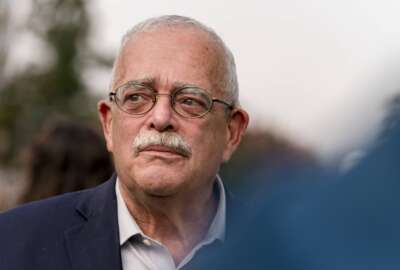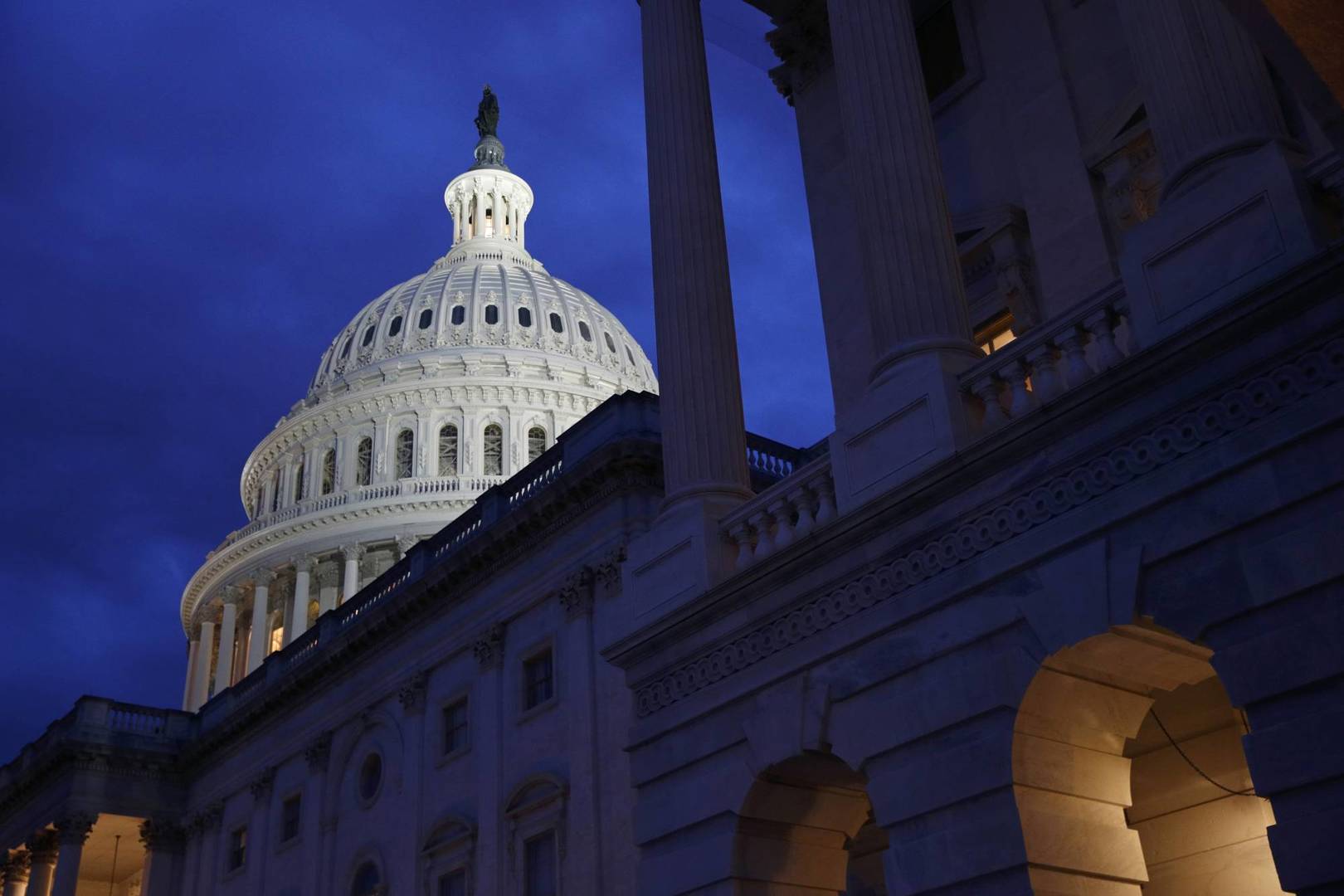Political vs. career: Role of CIO remains unsettled
The number of agency chief information officers who are political appointees will drop by one when HUD moves its technology leader back to a career position.
The Department of Housing and Urban Development is looking for a new chief information officer. HUD is now one of five major agencies looking for a new technology leader.
But unlike the departments of Defense and Health and Human Services, and the Small Business Administration and the Centers for Medicare and Medicaid Services, the HUD CIO didn’t actually leave the agency to create the job opening.
Beth Niblock, who has been CIO since July 2021, moved to a new position as senior advisor for disaster management. The reason for the opening is purely political. HUD decided to move the CIO’s position back to a career one from a political one.
“[O]ver the past few years, HUD leadership determined the department would be best served by having a career CIO to ensure steady and consistent leadership, and to better position the department to deliver high-quality, transformative solutions enabling HUD to deliver on its mission,” said a HUD spokesperson in an email to Federal News Network.
HUD posted the CIO job on USAJobs.gov in mid May and applications are due today. In the meantime, Sairah Ijaz will step in as the acting CIO until a permanent career leader is selected.
Political CIOs close to leadership?
The decision by HUD to transition the CIO position back to career from political isn’t that unusual.
Over the course of the last 28 years — January 2026 will be the 30th anniversary of the Clinger Cohen Act — several agencies ranging from the departments of Commerce, Energy, Treasury and Transportation as well as the Environmental Protection Agency and others have flipped the position back and forth between career and political to suit the needs of the leadership.
But HUD’s decision brought up a long-standing and healthily-debated question of whether CIOs, especially at this point in time of history where technology is at the center of every agency’s mission, are better off being political appointees?
To many, the answer continues to remain as it has for the last almost 30 years: It depends. But what has become clearer than ever is the role of managing, implementing and securing technology puts the CIO and deputy CIO on a higher plane across all agencies. Thus, requiring the federal community to continually re-ask the political appointee question.
“How the agency positions the CIO’s role in theory versus practice for the best possible function is really a question of how the head of the agency and the culture of that agency sets that role up for success,” said Dan Chenok, the former Office of Management and Budget official who helped with the Clinger-Cohen Act and now executive director of the IBM Center for the Business of Government. “Given the ubiquity of technology today, what is the right balance? My own personal view is a political CIO is more likely to be close to the head of the agency, and a career deputy CIO gives you continuity.”
Finding that seat at the table
But that closeness doesn’t always result in a CIO’s success.
If you look at the January 2024 Federal IT Acquisition Reform Act (FITARA) scorecard as one measure of CIO effectiveness, agencies with career CIOs versus those with politically appointed ones faired about the same. Agencies with political CIOs — the departments of Defense, Energy, Homeland Security, Veterans Affairs and HUD — received the same mix of “B” and “C” grades as those with career CIOs.
Simon Szykman, the president and founder of Cambio Digital Transformations and former Commerce Department CIO, said the role of the CIO is inherently not one that strongly aligns with any political ideology.
“Ideally it should not be necessary to make a CIO political appointment in order for that person to support the agency mission, or even the political leadership’s agenda,” he said. “However, the flip side to the argument for career CIOs is that no CIO will be successful if they don’t have that proverbial seat at the table. They need to be able to operate, influence and impact decisions at the senior-most levels. It can be a challenge for career senior executives to fully operate as peers to political leadership, and this challenge can be dependent on agency culture as well the leadership tone set higher up in the administration.”
Many times an agency hires a political CIO because the secretary wants a specific person in that role. That was the case, for example, with Steve Cooper, when he worked at Commerce from 2014 to 2017.
For other agencies like VA, Congress required the position be presidentially appointed and Senate confirmed — one of the few that requires Senate confirmation.
HUD’s great strides
But even then, there is no guarantee of success.
“Moving the CIO to political or a career position is situational and based on the candidates available and what’s going on at the agency at that moment,” said Margie Graves, a former deputy CIO at DHS and federal deputy CIO and now a senior fellow at IBM’s Center for the Business of Government. “A lot of times the decision to bring on a political CIO may be because the secretary wants a specific person on board to do something specific. I would advocate for choosing the best person for the moment. It’s really no different than what you’d do in private sector. And the times I’ve see the decision fail is when the person has no background in the technology management discipline and no expertise. I saw a couple of those at DHS.”
Graves added, at least for the CFO Act agencies, she would prefer to have someone in the C Suite who is “hearing” those political conversations as opposed to someone who is relegated as an “outsider.”
HUD’s reason for moving the CIO back to a career position is not entirely clear. The spokesperson said Niblock and her team have made “great strides over the past few years” to modernize the technology and improve the cyber posture of the agency’s infrastructure. But the spokesperson seems to insinuate there may be some bumpy roads ahead.
“However, HUD’s IT only received 0.5% of the department’s fiscal 2024 budget, which is one of the lowest percentages across cabinet level agencies. HUD is continuing to work with its federal and congressional partners to build on the progress of the past several years, while also continuing to pursue the ability to leverage various funding flexibilities that other agencies are able to leverage, including a working capital fund for its IT needs,” the spokesperson said.
HUD’s IT budget for 2024 is $641 million, of which it is spending only $94 million on development, modernization and enhancement projects. The agency requested $540 million for IT in 2025.
Copyright © 2024 Federal News Network. All rights reserved. This website is not intended for users located within the European Economic Area.
Jason Miller is executive editor of Federal News Network and directs news coverage on the people, policy and programs of the federal government.
Follow @jmillerWFED







